Does My Boyfriend Have Autism?
Understanding Autism in Romantic Relationships

Exploring Autism in Your Partner
If you suspect your boyfriend might be on the autism spectrum, seeking clarity can lead to better understanding and deeper empathy in your relationship. Autism Spectrum Disorder (ASD) affects communication, social skills, and behavior, which can manifest in various ways in a romantic context. Throughout this article, we will explore how autism traits present in relationships, the implications of neurodiversity, and ways to approach your observations thoughtfully and constructively.
Recognizing Signs of Autism in Adults
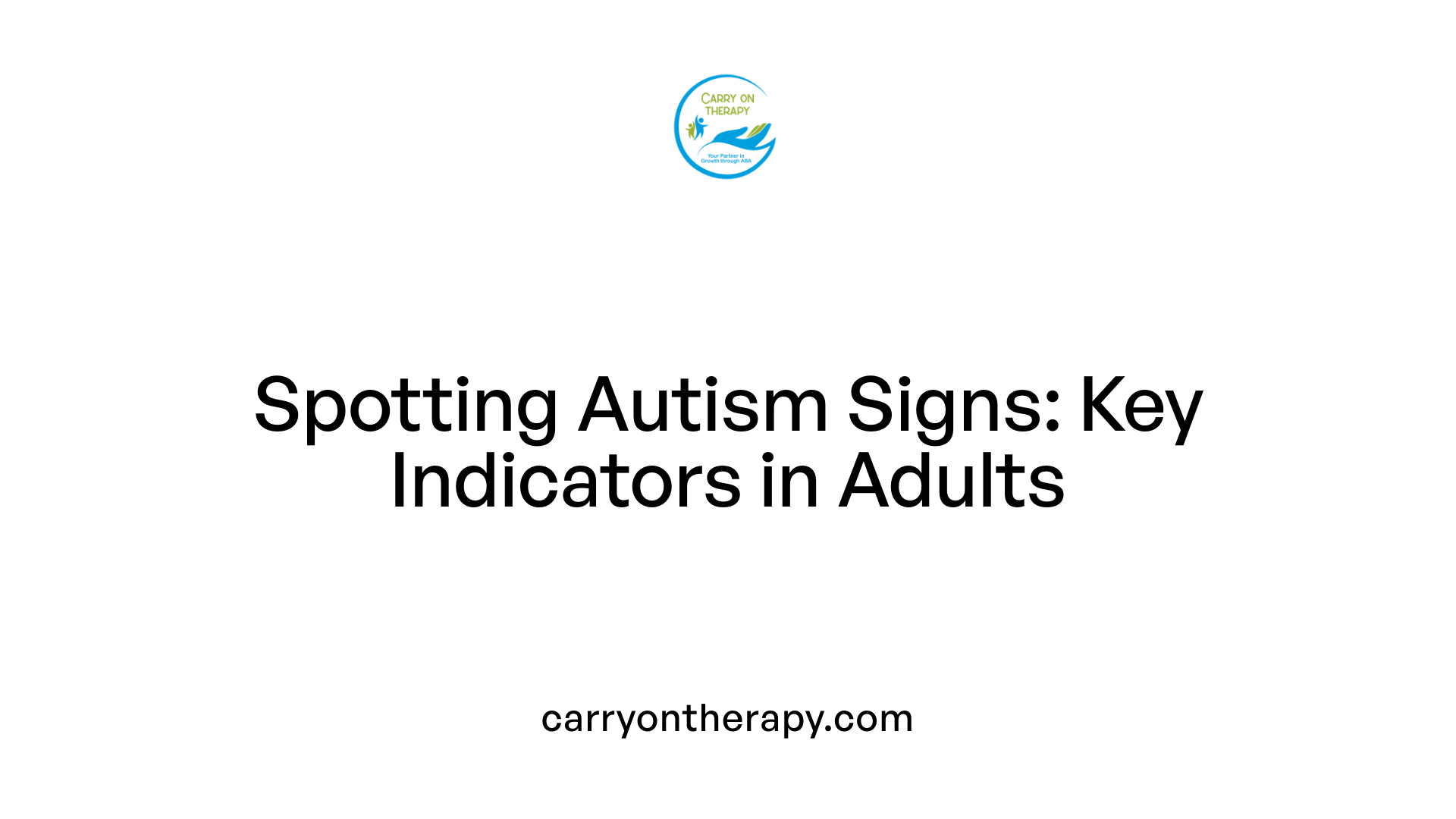
What are signs of autism in adult men?
Identifying signs of autism in adult men requires careful observation of various behavioral patterns. Common signs include:
- Social Interaction Difficulties: Difficulty maintaining eye contact is frequent among autistic men. They may encounter challenges in social situations, often appearing awkward or lacking interest in engaging with others. This can lead to struggles in forming friendships.
- Communication Challenges: Verbalizing thoughts can be a hurdle. They often misinterpret social cues, which makes conversations difficult. They may also express themselves in a literal manner, missing humor or sarcasm, and could struggle with emotional reciprocity.
- Behavioral Patterns: Repetitive movements and specific interests are common traits. For instance, they might engage in echolalia (repeating phrases) or demonstrate hyper-focus on a particular topic. Sensory sensitivities, such as discomfort with loud noises or specific textures, can also be prevalent, impacting their daily comfort levels.
Further Insights into Signs
- Emotional Regulation: Difficulty managing emotions is significant. Disruptions in routines can lead to meltdowns, often surprising those who do not understand the intense feelings involved.
- Temperament Differences: Many autistic men may exhibit distinctive temperamental traits. Typically, they demonstrate lower novelty-seeking behaviors and higher harm avoidance when compared to non-autistic peers.
Recognizing these signs contributes to better understanding and support of autistic individuals, fostering more inclusive interactions.
Navigating Relationships with an Autistic Partner
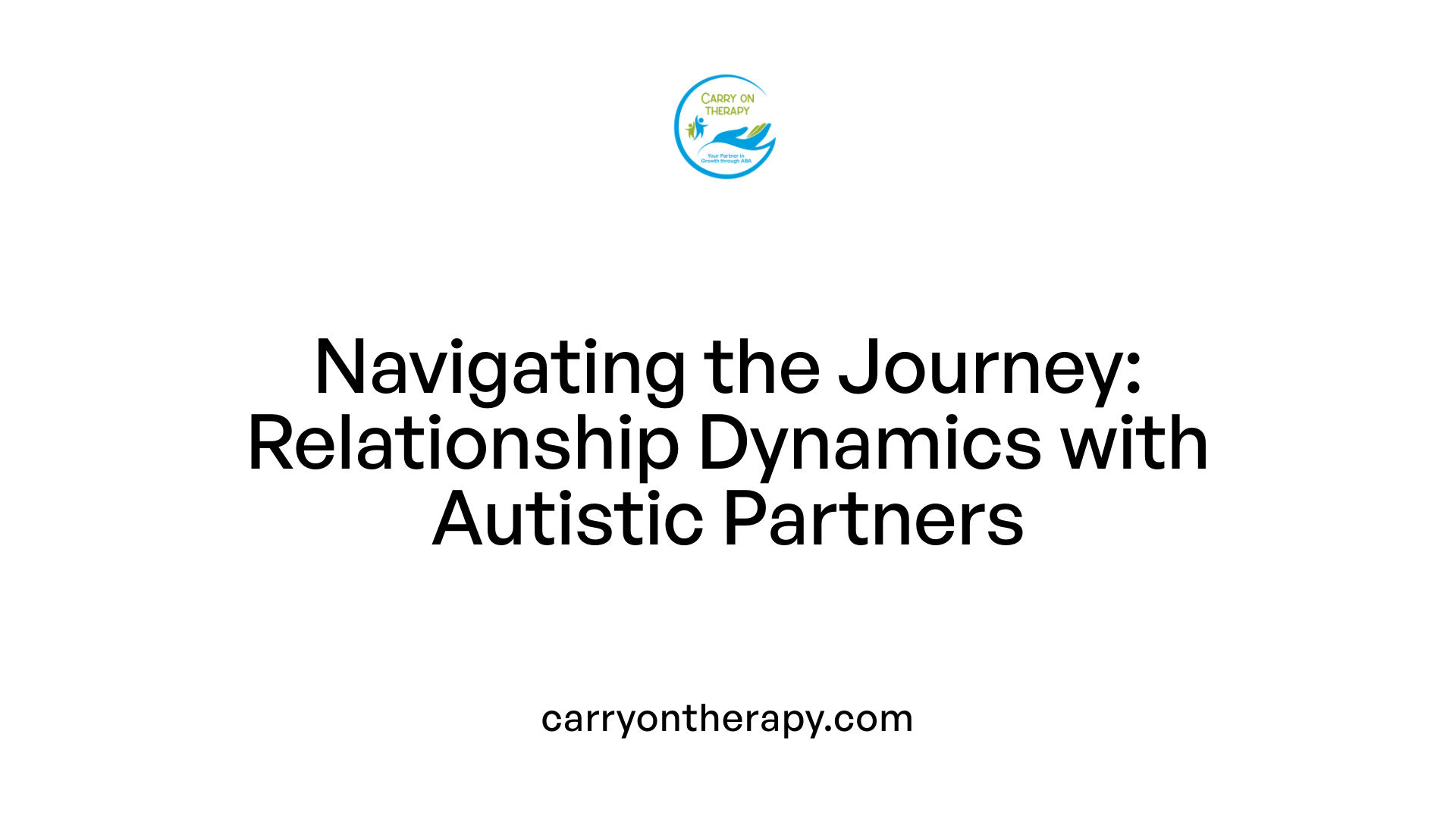
How does an autistic person behave in a relationship?
Individuals on the autism spectrum may exhibit distinct behaviors in relationships. They often face challenges related to verbal communication, which can lead to misunderstandings. For example, they might struggle with interpreting social cues or maintaining eye contact, sometimes leading to feelings of disconnect from their partner.
Sensory sensitivities are another critical factor. Autistic individuals may react strongly to loud sounds, bright lights, or certain textures, influencing their comfort levels in various social situations. This heightened awareness can make typical outings overwhelming, prompting them to seek solitude to recuperate.
Effective communication strategies are paramount in these relationships. Here are some practical approaches:
| Strategy | Description | Benefits |
|---|---|---|
| Use clear language | Speak directly without relying on idioms or sarcasm. | Reduces confusion and enhances clarity. |
| Be patient | Allow time for responses and processing. | Foster mutual understanding. |
| Discuss sensory needs | Share personal preferences regarding environments and activities. | Enhances comfort in situations. |
| Practice empathy | Acknowledge emotional difficulties and be supportive. | Strengthens emotional connection. |
Building a mutually supportive relationship requires patience and effort from both partners. Exploring professional insights together can also promote understanding, making it easier to embrace each other's unique traits and foster a fulfilling partnership.
Qualities that Define Autistic Partners
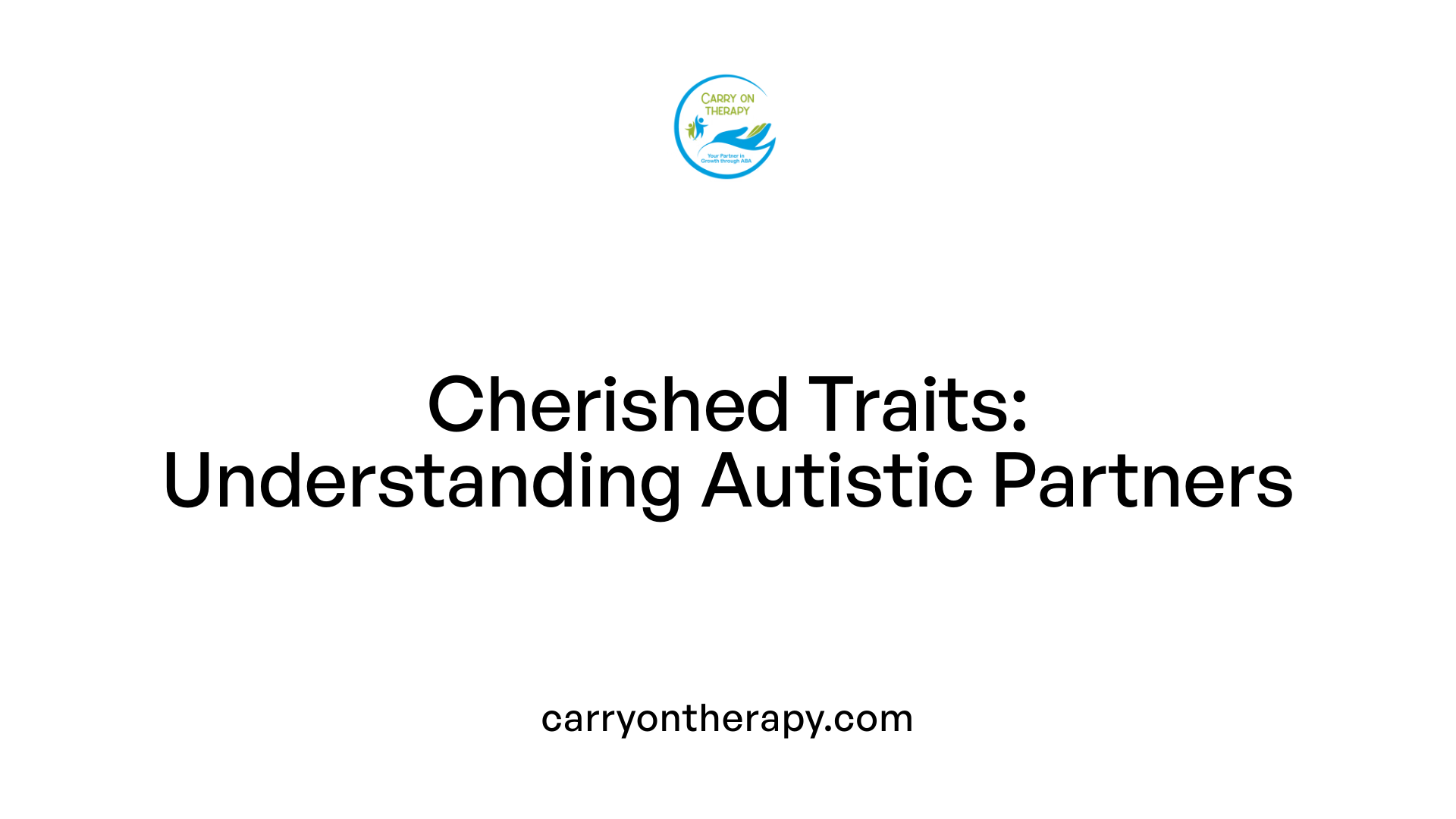
What are some characteristics of autistic partners?
Autistic partners often bring unique qualities to relationships, including honesty, loyalty, creativity, and a compassionate heart. These traits make them cherished companions in romantic settings. However, they frequently require solitude to recharge after social interactions, which can lead to a preference for stable routines and limited social engagements.
Communication can be a significant challenge for autistic individuals. Many struggle to express their feelings or interpret social cues, which can result in misunderstandings with their neurotypical partners. This dynamic can sometimes foster feelings of isolation for neurotypical partners, whereas autistic individuals may find comfort in their need for solitude.
How do relationship dynamics function with autistic partners?
Relationships with autistic individuals often hinge on understanding and patience. Autistic partners may express love in practical ways, such as through actions rather than through traditional verbal affirmations or physical affection. For instance, they may show care by accomplishing tasks or being attentive to their partner's needs, even if they do not verbally articulate these feelings.
How do autistic partners express affection?
Recognizing that affection in relationships with autistic partners can take various forms is crucial. Their love might be less about overt emotional expressions and more about practical support or sharing interests, which could include their intense focus on particular hobbies or activities. Neurotypical partners may need to adjust their expectations and embrace alternative expressions of love, fostering mutual respect and emotional satisfaction.
| Characteristics | Relationship Dynamics | Expression of Affection |
|---|---|---|
| Honesty and loyalty | Need for understanding | Practical demonstrations of care |
| Creativity | Importance of routines | Non-verbal cues of affection |
| Compassionate individuals | Challenges in communication | Shared interests and activities |
| Preference for solitude | Potential feelings of isolation | Expressions may differ from norms |
Relationship success requires both partners to foster awareness of these qualities and to engage openly, helping bridge the gap between their different communication and emotional styles.
The Impact of Neurodiversity and Masking
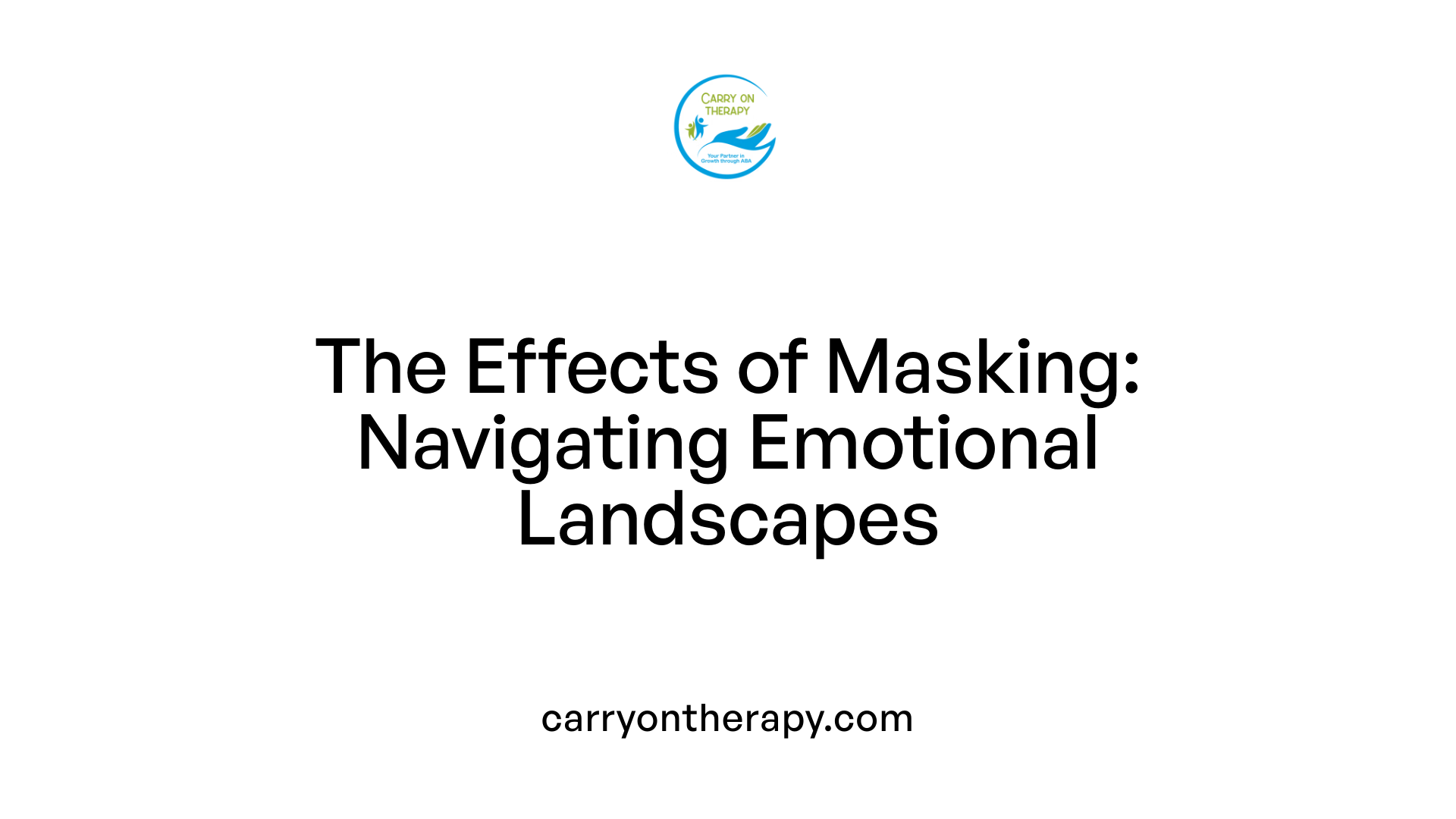
How can neurodiversity and masking affect relationships?
Neurodiversity and the practice of masking can deeply influence the dynamics of relationships. For individuals on the autism spectrum, masking often involves concealing their true selves to conform to neurotypical social norms. This effort can lead to significant emotional exhaustion and a sense of disconnection from their partner.
Common emotional challenges include feelings of misunderstanding or lack of appreciation. Autistic individuals might struggle with reading and responding to emotional cues, which can create rifts in intimacy since partners may feel that emotional needs go unmet.
Communication challenges
Communication is another area that can suffer. Autistic individuals may interpret language literally and miss nuances such as sarcasm or idiomatic expressions. This can lead to miscommunication and frustration. For partners who are neurotypical, adapting their communication style can help bridge the gap. Emphasizing directness and clarity ensures both parties are on the same page, enhancing understanding and reducing misunderstandings.
Cultural adaptations
Culturally, there can be conflicting expectations about emotional expression and social interactions. Awareness of neurodiversity invites partners to engage in open dialogues about their differing experiences. Respecting each other’s unique neurological perspectives can foster empathy and connection. By embracing neurodiversity, relationships can transform, paving the way for deeper connections and supportive environments.
In summary, recognizing the nuances of neurodiversity and the impact of masking can empower couples to cultivate a more understanding and fulfilling partnership.
Understanding Masking and Its Implications
Stress and Mental Health
Masking is a common strategy used by autistic individuals to fit into neurotypical social norms. While it may help them navigate social situations, this behavior often leads to significant stress. The pressure to conform can result in anxiety and depression, as the constant act of hiding their true selves takes a toll on mental health.
Misunderstood Traits
Many traits associated with autism can be misunderstood. For example, autistic individuals might come across as blunt or emotionally detached due to their challenges in reading social cues. Their literal interpretation of language further complicates interactions, with sarcasm or humor frequently missed in conversation. These misunderstandings can create barriers in relationships, often leading to frustration on both sides.
Communication Masking
Communication masking involves adjusting one’s communication style to avoid revealing autistic traits. This can lead to underdeveloped social skills, making it difficult to express genuine feelings. Autistic individuals might struggle with emotional reciprocity or conveying affection verbally, leading partners to feel uncertain about the relationship. Recognizing these masked behaviors is essential for fostering empathy and improving communication.
Communication and Emotional Connection in Neurodiverse Relationships
Literal Language Interpretation
In neurodiverse relationships, understanding how language works is crucial. Many autistic individuals interpret language literally. This can lead to misunderstandings, especially around humor, sarcasm, or implied meanings. Instead of using metaphorical language, straightforward communication often yields better results. For example, being direct with feelings or needs can foster clear interactions and reduce confusion.
Emotional Needs
Autistic individuals often experience deep emotions, even if they don’t express them in traditional ways. Misinterpretations may arise if their emotional responses don’t match societal expectations. For instance, an autistic partner might not verbalize affection but still have profound love and care. Being sensitive to these nuances and recognizing that emotional needs can differ significantly among partners is essential in building trust and intimacy.
Relationship Strategies
To navigate communication challenges effectively, an open and non-judgmental dialogue is vital. Partners can benefit from discussing their social difficulties and strategies that work for them. Techniques like practicing patience during misunderstandings, using visual cues, or engaging in familiar routines can help. Additionally, taking time for mindful interactions with less environmental stimulation aids in easing stress and fortifying connections between partners with different communicative styles.
Supporting Your Autistic Partner
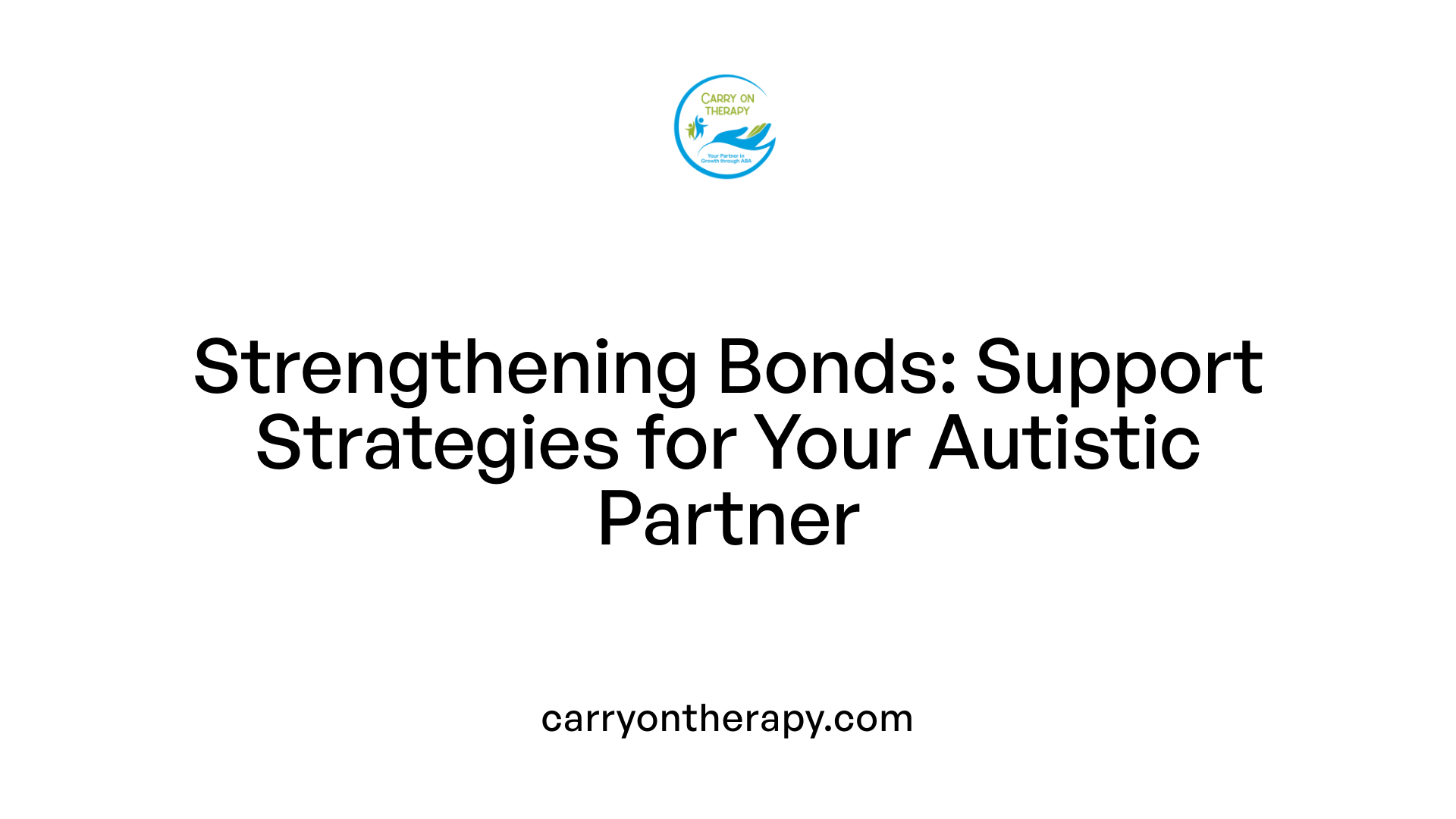
Therapy Options
Therapy can serve as a vital resource for both individuals on the autism spectrum and their partners. Techniques offered through various forms of therapy may help with managing anxiety and enhancing coping strategies. Behavioral therapy, social skills training, and cognitive-behavioral therapy are beneficial approaches that can equip individuals with the tools to navigate social interactions and relationships more effectively.
Mutual Understanding
Cultivating mutual understanding is critical in relationships where one partner is autistic. Engaging in open dialogues about each partner's experiences creates a foundation of empathy. Understanding neurodiversity and recognizing differences in communication styles can foster a supportive environment, reducing misunderstandings and frustrations.
Resource Exploration
Exploring resources such as books, support groups, or specialized websites can deepen your knowledge about autism spectrum disorder. These resources often provide insights into behaviors, communication strategies, and coping mechanisms. Seeking an evaluation from a therapist who specializes in adult autism can also provide valuable guidance, ensuring both partners can navigate their relationship effectively together.
Fostering Understanding and Support
Understanding autism in the context of your relationship can lead to enhanced empathy, connection, and support. By recognizing signs, appreciating neurodiversity, and embracing open communication, you can navigate your relationship with greater awareness. Utilizing available resources and seeking professional advice when necessary can further strengthen your partnership, ensuring both partners feel valued and understood. As we embrace the diverse ways in which our brains operate, we open doors to meaningful and lasting relationships.
References
- Is My Partner on the Spectrum? Autistic Adults Couples Therapy ...
- Signs of autism in adults - NHS
- 8 Signs Your Partner Is on The Autism Spectrum - Psych Central
- 8 Subtle Signs You Or Someone You Love Has Autism Spectrum ...
- How Can I Tell If My Partner Is Autistic? | Sachs Center
- Is My Boyfriend On the Autistic Spectrum Quiz - Marriage.com
- How to Know If Your Partner Has Autism - thriving wellness center
- How Do I Know If My Boyfriend Has Autism? - entivabehavioralhealth
- Does My Boyfriend Have Autism? Signs of Autism in Your Boyfriend
- Adult Autism and Relationships - HelpGuide.org







